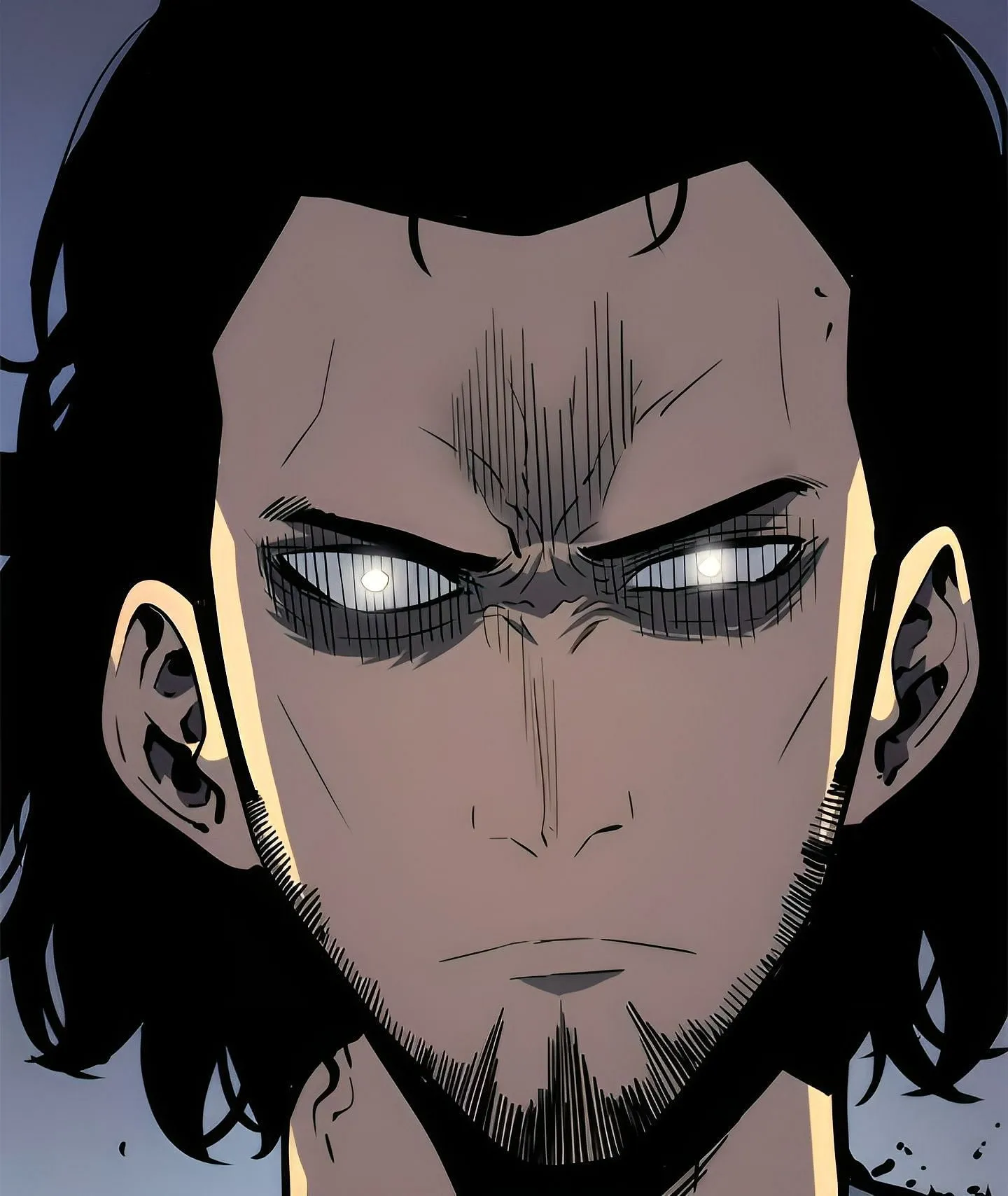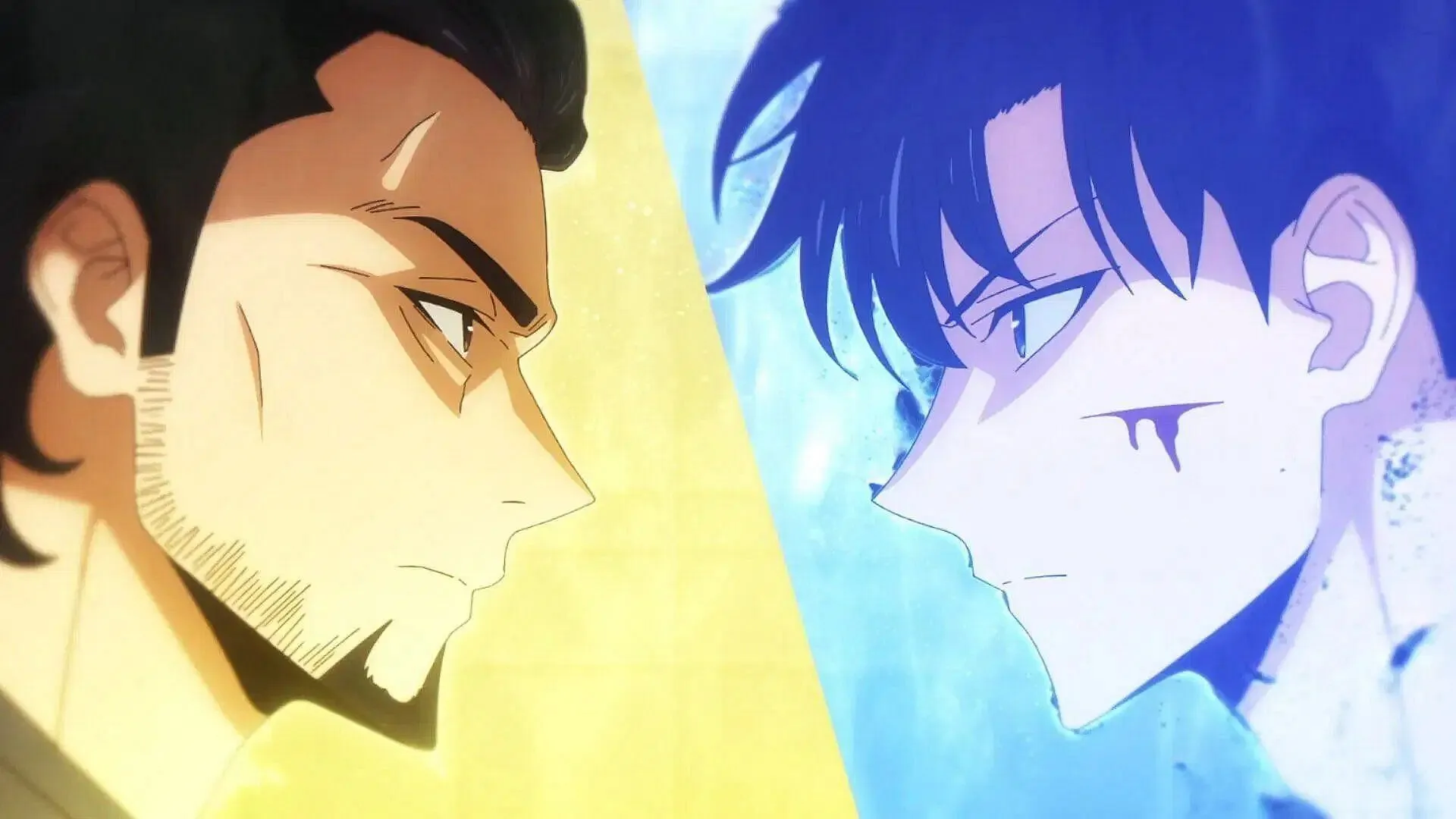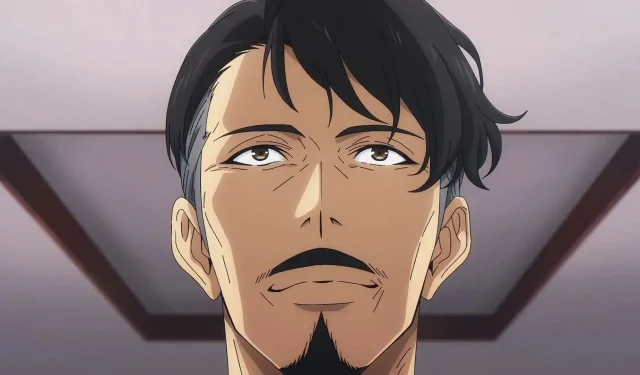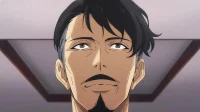Solo Leveling intricately explores the power dynamics inherent in the world of Hunter Guilds and their national influences. Within this framework, the motivations of the Japanese Hunter Association emerge as complex, particularly during the pivotal Jeju Island Raid arc—a moment that demonstrates their underlying ambitions.
From the outset, the narrative emphasizes how the success of Hunters can bolster a nation’s economy and global standing. This reality is sharply understood by Chairman Matsumoto of the Japanese organization, who recognizes the strategic advantage that could be gained from undermining their Korean counterparts on Jeju Island.
The failure of his sinister plans brings to light crucial themes in the story, as they ultimately backfired for Japan’s Hunter Association.
Disclaimer: This article contains spoilers for the series.
Analyzing the Japanese Hunter Association’s Intentions in Solo Leveling

The narrative underpins the assertion that a country’s standing is often intertwined with the success of its Hunter Guilds. For instance, the United States managed to recruit S-Rank Hunter Hwang Dongsoo, underscoring the significance of powerful hunters in global dynamics. This context makes the motivations of the Japanese Hunter Association during the Jeju Island raid even more pronounced, as they sought to eliminate their competitors by leaving the Korean Hunters vulnerable to peril.
Chairman Matsumoto’s strategic oversight, particularly in considering the unpredictable variables of Sung Jinwoo and the emergence of the Ant King, reveals a deep-seated desire for Japan to ascend as the dominant power in the hunting community across Asia. This ambition for supremacy would inevitably carry far-reaching consequences.
While Matsumoto’s strategy borders on malignancy—sacrificing lives to enhance national influence—the Korean Hunters exhibit similar utilitarianism, often placing lower-ranked members in perilous situations, as illustrated by Sung Jinwoo’s own experiences earlier in the series.
Further Insight into the Dynamics

Matsumoto’s scheme not only emphasizes the cutthroat competition among nations but also reveals the potentially devastating threats, such as Red Gates, that Korea could have faced had Matsumoto’s plan succeeded. His quest for power and geopolitical sway is underscored by the darker facets of this fantasy world.
Ultimately, the downfall of Matsumoto’s plan stemmed from unforeseen factors, notably the prowess of Sung Jinwoo and the unexpected birth of the Ant King by the Ant Queen, which posed an elevated level of danger completely beyond Matsumoto’s control. The arc concluded with Ryuji Goto’s demise, leaving Japan more vulnerable and subsequently facing disgrace for their actions.
Concluding Thoughts
In summary, the Japanese Hunter Association’s motivations are steeped in self-interest, willing to sacrifice the well-being of Korean Hunters for their ambitions. This narrative arc reveals the overarching theme of absolute power within Solo Leveling, exemplified by the transformative impacts of Sung Jinwoo and the Ant King, who drastically upend the calculated plans of their adversaries.


